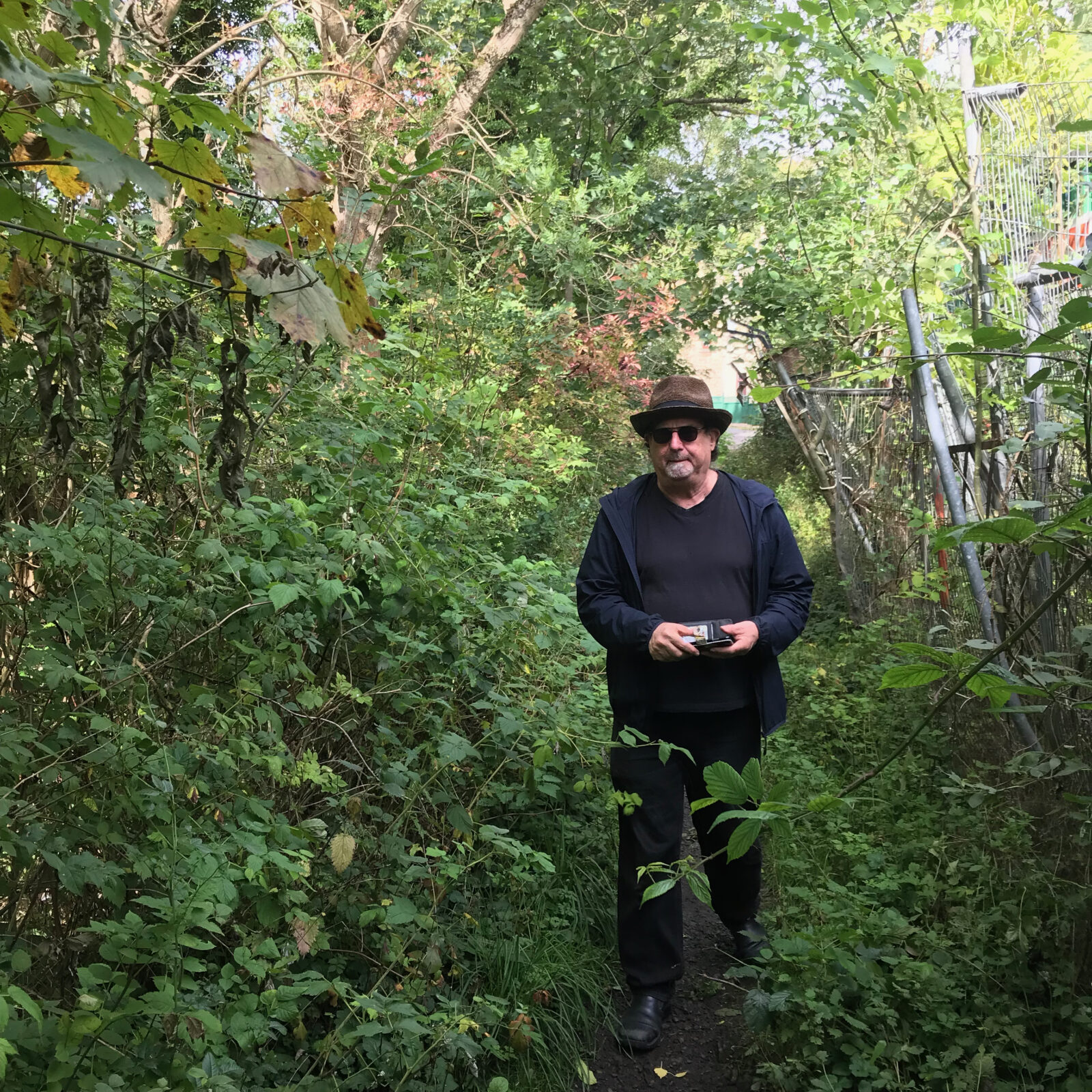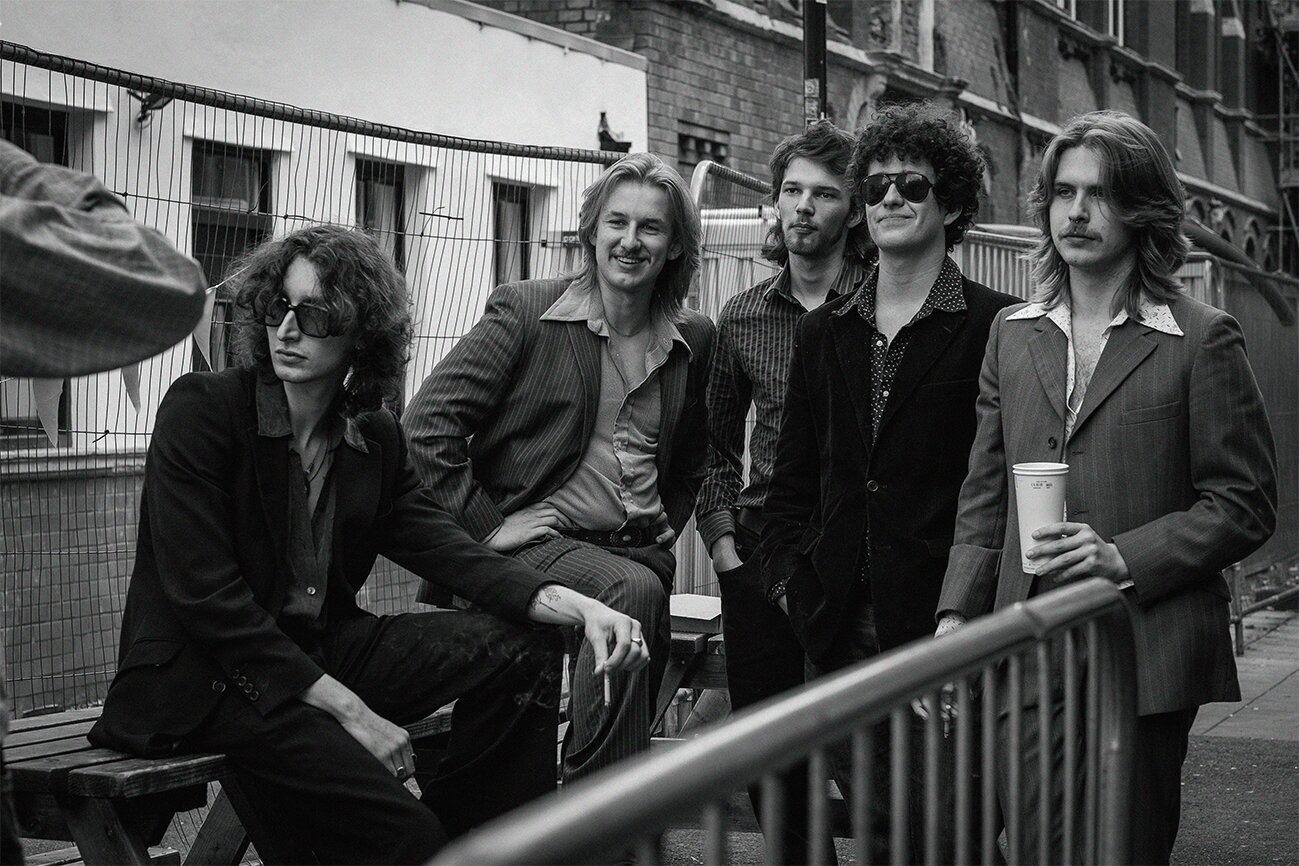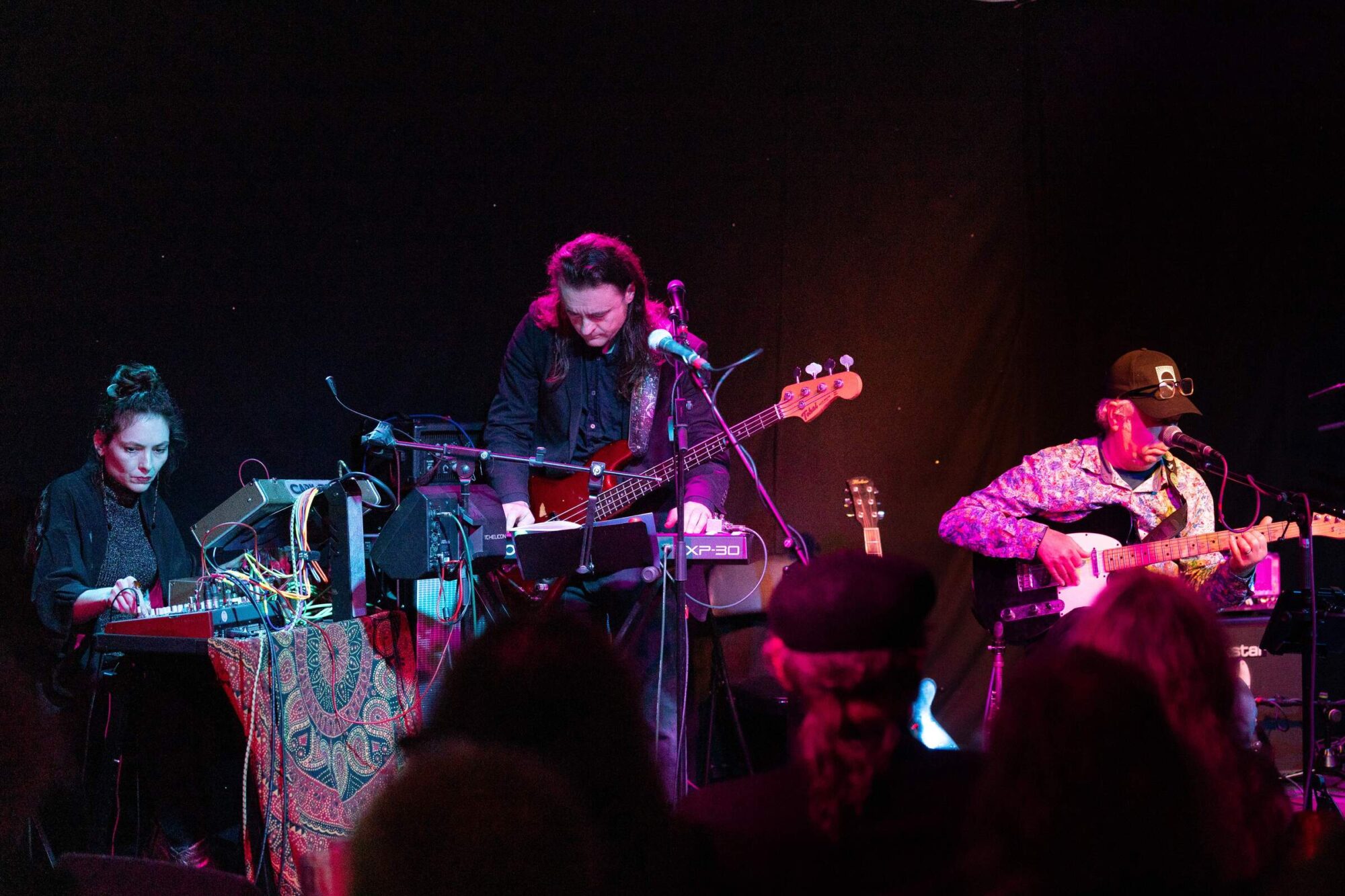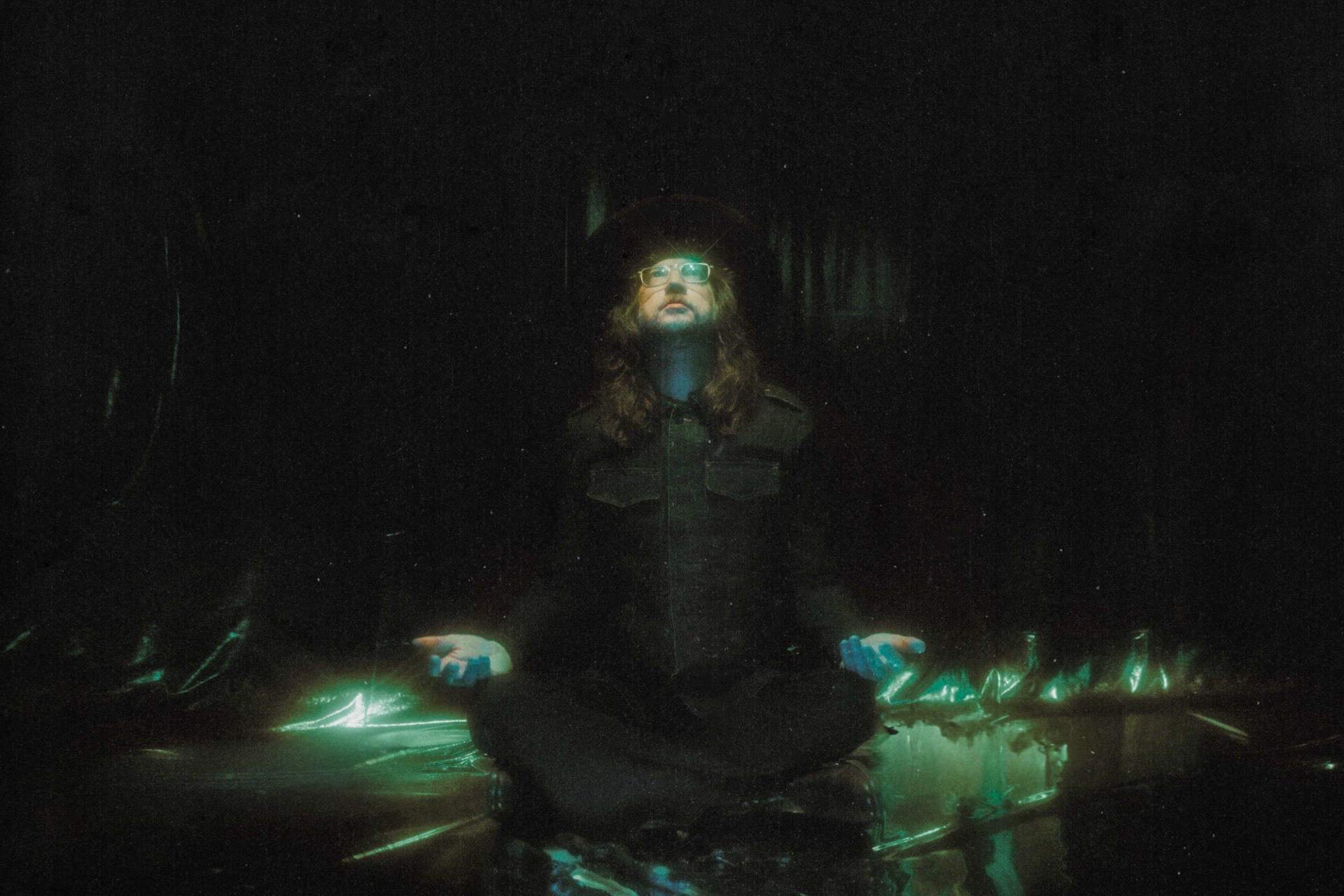Carl Stone
Carl Stone is one of the pioneers of live computer music, and is considered by many as “the king of sampling”.
He has used computers in live performance since 1986. Stone was born in Los Angeles and now divides his time between Los Angeles and Japan. He studied composition at the California Institute of the Arts with Morton Subotnick and James Tenney and has composed electro-acoustic music almost exclusively since 1972. His works have been performed in the U.S., Canada, Europe, Asia, Australia, South America and the Near East. In addition to his schedule of performance, composition and touring, he is on the faculty of the Department of Media Engineering at Chukyo University in Japan.
“Play is serious”
There’s a lot going on in your music. It sounds very full. Often when there’s not much going on in music, like in minimal music, people take it very seriously. And when there’s a lot going on, like in plunderphonics or sample-crazy hip hop, people call it “playful”. Do you see what you do as “playing with sound(s)”, rather than “making music”?
Carl Stone: Well, first and foremost I consider what I do is making music, but it does involve playing with sounds so I would say my answer is that I do not consider the two to be mutually exclusive. Play is an important part of creativity, in my opinion, and as my teacher Morton Subotnick taught me, play is often the best way to start the process of making art. Play is serious!
Last week, the Eurovision Song Contest took place. The opening track of ‘Wat Dong Moon Lek’ has a song festival feeling. It has an euphoric ABBA feel. Do you see what you do as pop, even if it’s a screwed-up kind of pop?
I think it’s interesting to evaluate my music by the standards of pop, although I think it would consistently fail if that’s the only way to listen. What I do is often pop, but from a critical perspective that takes pop tropes and turns them on their heads. Examples of this would be ‘Rikido’, which as you mentioned is the opening track of my latest album, or my piece ‘Flints’, as well as ‘Au Jus’, the track that was released in 2020, and a few others.
Before, you used to work on a laptop. Now you use a laptop and a tablet. With a laptop you have to sit down, but with a tablet, you can walk around. Does this change the way you make your music?
I think it does change it a bit – it becomes more of a kinetic experience to perform standing up. But even with the tablet I am still tied to a laptop, because that is what the tablet is controlling. So the fundamentals of my music don’t change that much whether I perform standing or sitting.
Does the album title ‘Wat Dong Moon Lek’ mean anything?
Well, like all my titles, there is no “meaning” in the sense that the title might somehow describe or give some insight into what the music under the title is about. It’s an arbitrary system of matching up titles and music. In the specific case of ‘Wat Dong Moon Lek’, it is the name of a Thai restaurant in Los Angeles. I haven’t been to that restaurant in a long time and I hope it is still good, but twenty years ago it was one of the better ones in LA. All my titles are the names of restaurants I have enjoyed. As I say, it’s just an arbitrary system so no one should try to deduce “meaning” from the name of a track.
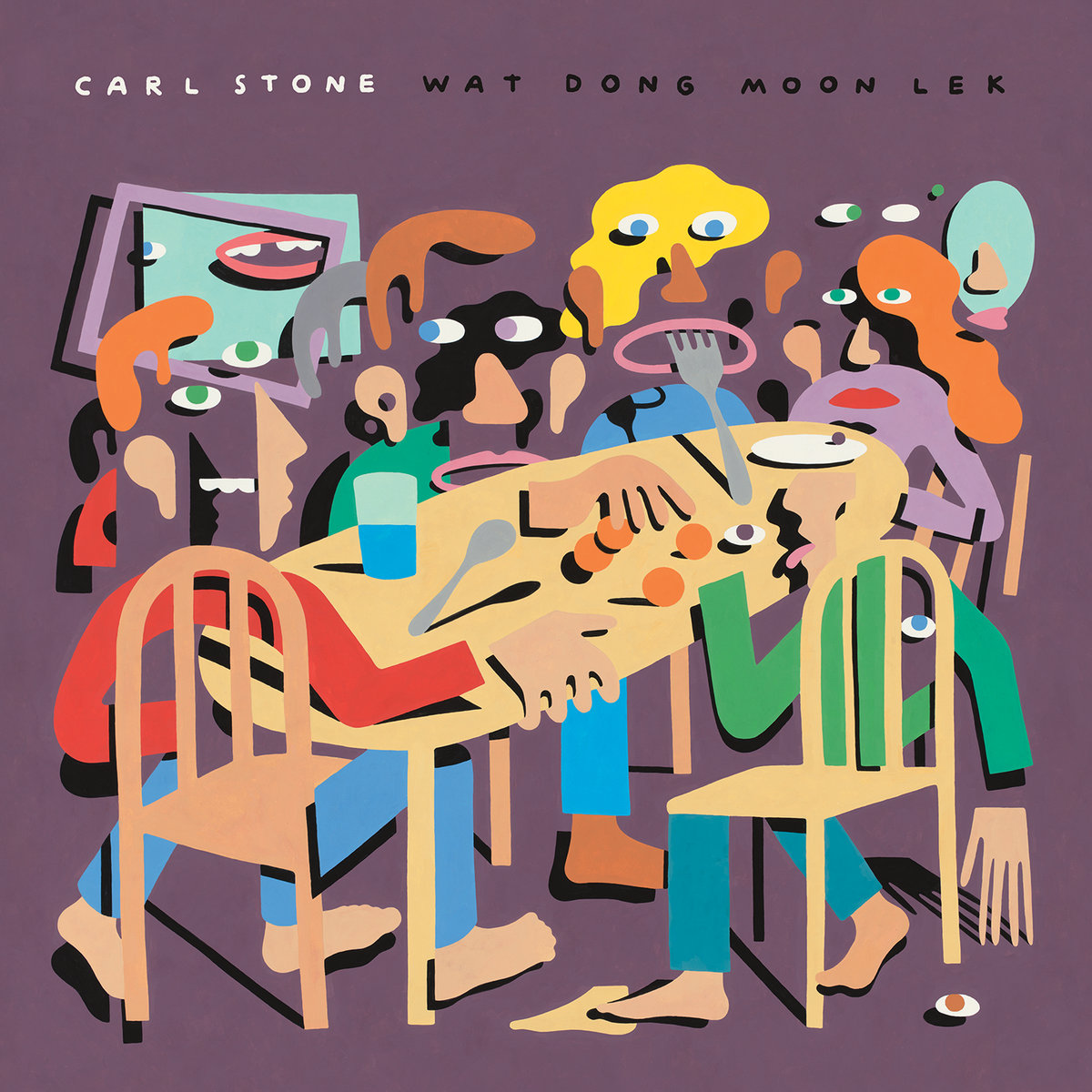
On the Bandcamp page, your music is called “messily”. Do you see what you do as “a mess”? Is it a mess on purpose?
It’s not my description, and actually no. I don’t consider my music to be a mess, but I can see how others might. Because even though my overall musical philosophy is consistent in all my tracks, I express it in several different styles which don’t always “match” so when you collect them on one album it can become complicated. Maybe that’s why the Bandcamp description mentions messy.
Is your music political? Is there social criticism in your work? In the sense of: if music or art is a reflection of the times we live in, then overloaded music is a product of our overloaded times?
Like other artists who use appropriation as a strategy, I am someone who has a critical view of the idea of ownership in art. I think there are interesting and provocative questions that emerge when discussing ownership, because my music does that, although in a somewhat indirect way, it becomes political.
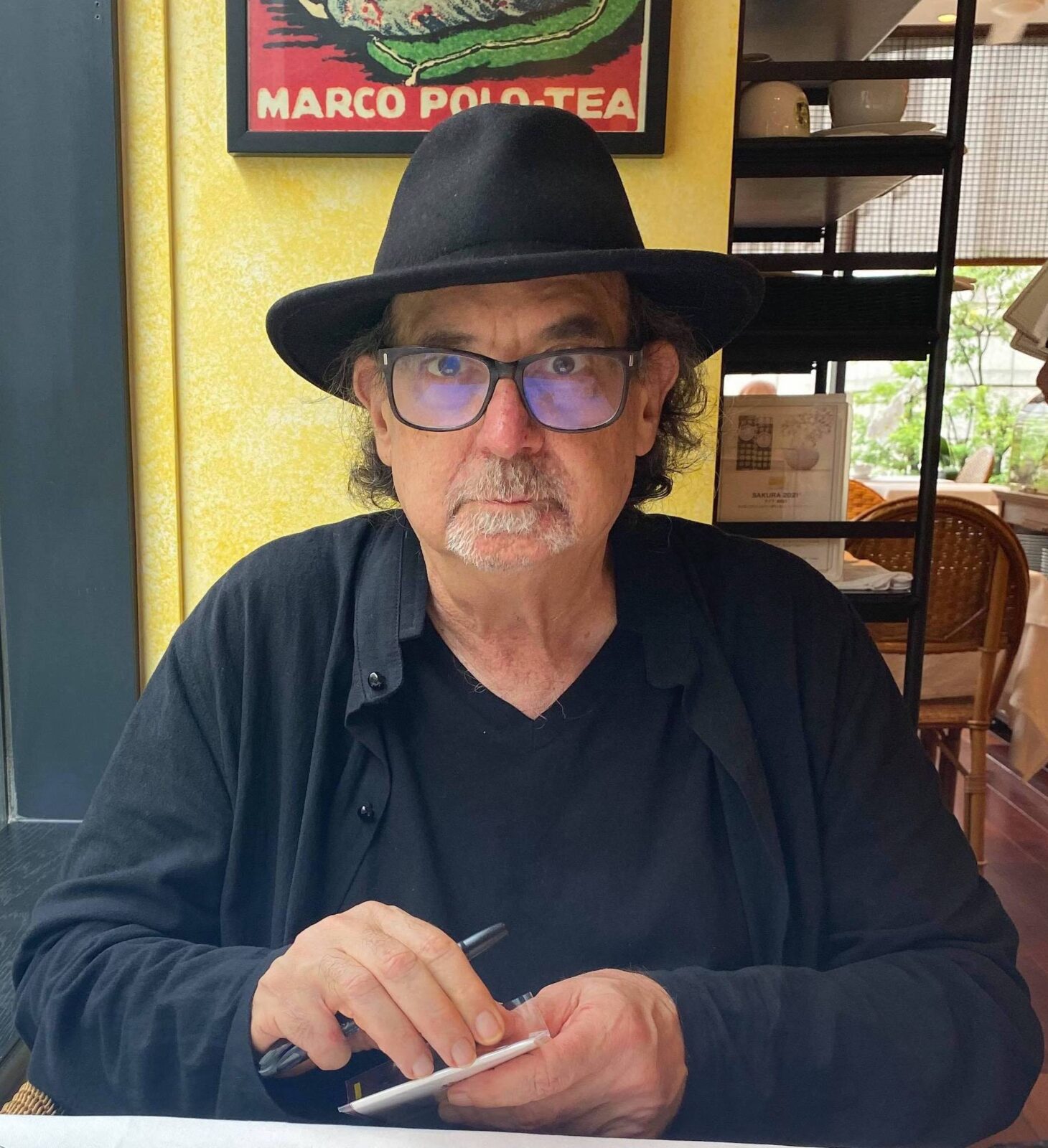
What’s the music you listen to? And is the music you listen to an influence on the music you make (consciously or subconsciously)? Is the kind of music you make now a concept that you started with ‘Baroo’ and developed ever since (or do you see things in another way)?
The music I make now is a concept that I started in 1977 with my piece called ‘Sukothai’. But over time my approaches and ways to express my concept have evolved. You are right that ‘Baroo’ is kind of a turning point toward a different way to express my concept. As my experiences in life and music continue, I expect I will find new and different ways to create my music, and the evolution of technology and what technology enables also has an impact.
Joeri Bruyninckx
Headline photo: industrycottage.com
Carl Stone Official Website / Facebook / Instagram / Twitter

